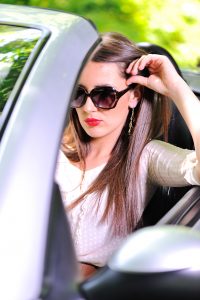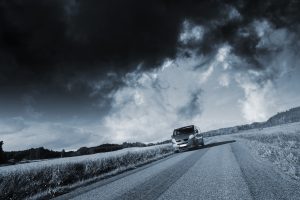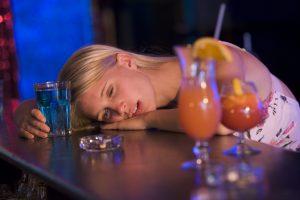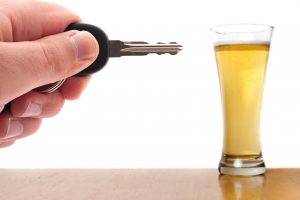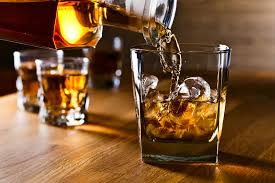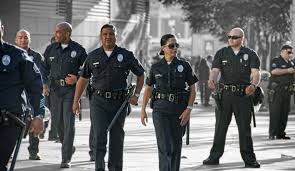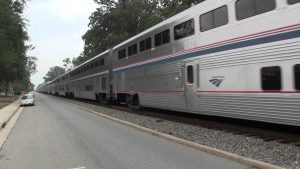Strategies to Deal Resourcefully with the Stress of a Los Angeles DUI Arrest

Even in the best of circumstances, getting arrested in Los Angeles on suspicion of DUI can be remarkably stressful. In addition to the embarrassment and stigma associated with a DUI arrest, you also may face the very real prospects of fines, license suspension, jail time, and in some cases, the possibility of getting fired or being disqualified for certain types of work.
Facing just one of these possibilities is enough to wreak havoc on your mental health; with a DUI arrest, you may face all of them. While a good attorney can help you navigate these difficult waters toward the best possible outcome, you may need to practice a bit of self-care while working through the process. Let’s explore some practical strategies and tips for managing stress in the aftermath of a DUI arrest.
Put the Event in Perspective
 Los Angeles Criminal Defense Attorney Blog
Los Angeles Criminal Defense Attorney Blog


